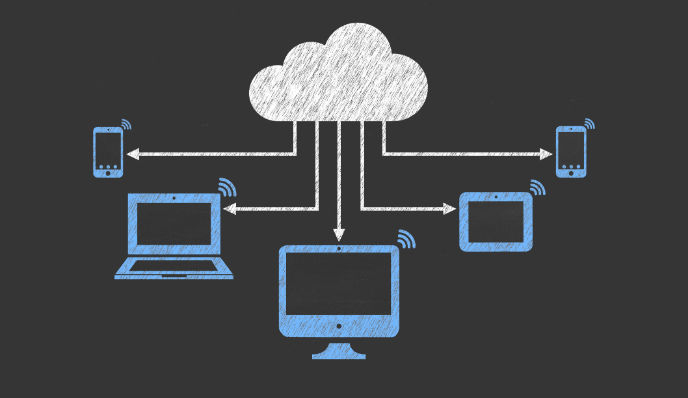GE Healthcare Unveils New Edge Computing Technology for Providers
The edge computing technology will allow health systems to receive advanced software updates with its existing assets and quickly analyze critical data, enabling rapid decision-making.

Source: Thinkstock
- GE Healthcare recently announced that it launched a new edge computing technology to help clinicians collect, analyze, and act upon critical data closer to its source.
With the COVID-19 pandemic, providers have continuously turned to cloud technology to enhance the analysis of health data. But analyzing data from a distance can create challenges both operationally and clinically.
GE Healthcare’s new technology, Edison HealthLink, aims to helps health systems continually receive advanced software updates without requiring new equipment, extending the life of existing assets.
The company also noted that Edison HealthLink will include HIPAA-compliant data aggregation, connectivity, advanced visualization, and artificial intelligence and non-artificial intelligence algorithm orchestration.
Developers can leverage these resources to build and deploy clinical applications and workflows.
“COVID-19 has accelerated industry-wide trends with implications for the future of care delivery. It’s time to apply these trends and use them to modernize the current health system infrastructure,” Amit Phadnis, chief digital officer of GE Healthcare, said in the announcement.
“As more care delivery becomes virtual and as more healthcare data moves to the cloud, technologies like Edison HealthLink provide a bridge, allowing devices to operate on premise, at the edge and in the cloud.”
GE Healthcare gave the example of the fact that when an individual has a stroke, nearly 2 million brain cells die every minute. So, when diagnosing and treating a stroke patient, time is extremely vital.
Running advanced processing software to evaluate the brain scans allows clinicians to analyze and act upon critical data without sending it to the cloud, enabling rapid decision making.
“These capabilities, along with other development tools, can serve as the delivery platform for third-party developers with edge applications for the healthcare industry. The Edison Health Service software stack can be deployed at the edge, on premise and in the cloud,” the company said.
Edison is part of GE Healthcare’s $1 billion and growing Digital portfolio, which allows the company to select strategic partners to design, develop, manage, secure, and distribute applications and algorithms.
Currently, there are 10 applications available through Edison HealthLink, including TrueFidelity image reconstruction and Mural Virtual Care. The new solution gives healthcare providers another entry point into the Edison ecosystem.
When GE Healthcare launched Edison back in 2018, there were only four main Edison-powered applications and devices, including:
- AIRx: An AI-based automated workflow tool is used for MRI brain scanning to improve consistency and productivity
- CT Smart Subscription: A subscription service that provides continuous access to updated CT software
- Automated Lesion Segmentation on LOGIQ E10: An application that helps eliminate the need for the user to manually measure lesions identified by ultrasound
- Critical Care Suite on Optima XR240amx: A device designed to identify cases of pneumothorax to enable prioritization of image review
Edge computing, such as Edison, is vital to meet new consumer and enterprise requirements for high-speed services, GE Healthcare said.
This approach can also help organizations distribute data so information can be shared efficiently and acts as the decentralized extension of cellular networks, data center networks, or the cloud.
For this reason, other major health IT vendors are also making moves in the space.
At the end of July, Google Cloud and telecommunications operator, Orange, partnered to advance edge computing and cybersecurity services through artificial intelligence and data analytics.
The companies stated that they will specifically focus on the transformation of Orange’s IT infrastructure, using artificial intelligence and data to bring cloud-computing capabilities to network.
Also as part of the partnership, Orange and Google will jointly launch an Innovation Lab and a Center of Excellence, which will leverage data and artificial intelligence to significantly help innovation and growth.
The agreement represents a commitment from both companies to secure a cutting-edge solution for the B2B, wholesale, and B2C markets as 5G networks are rolled out across Europe, the July announcement highlighted.
